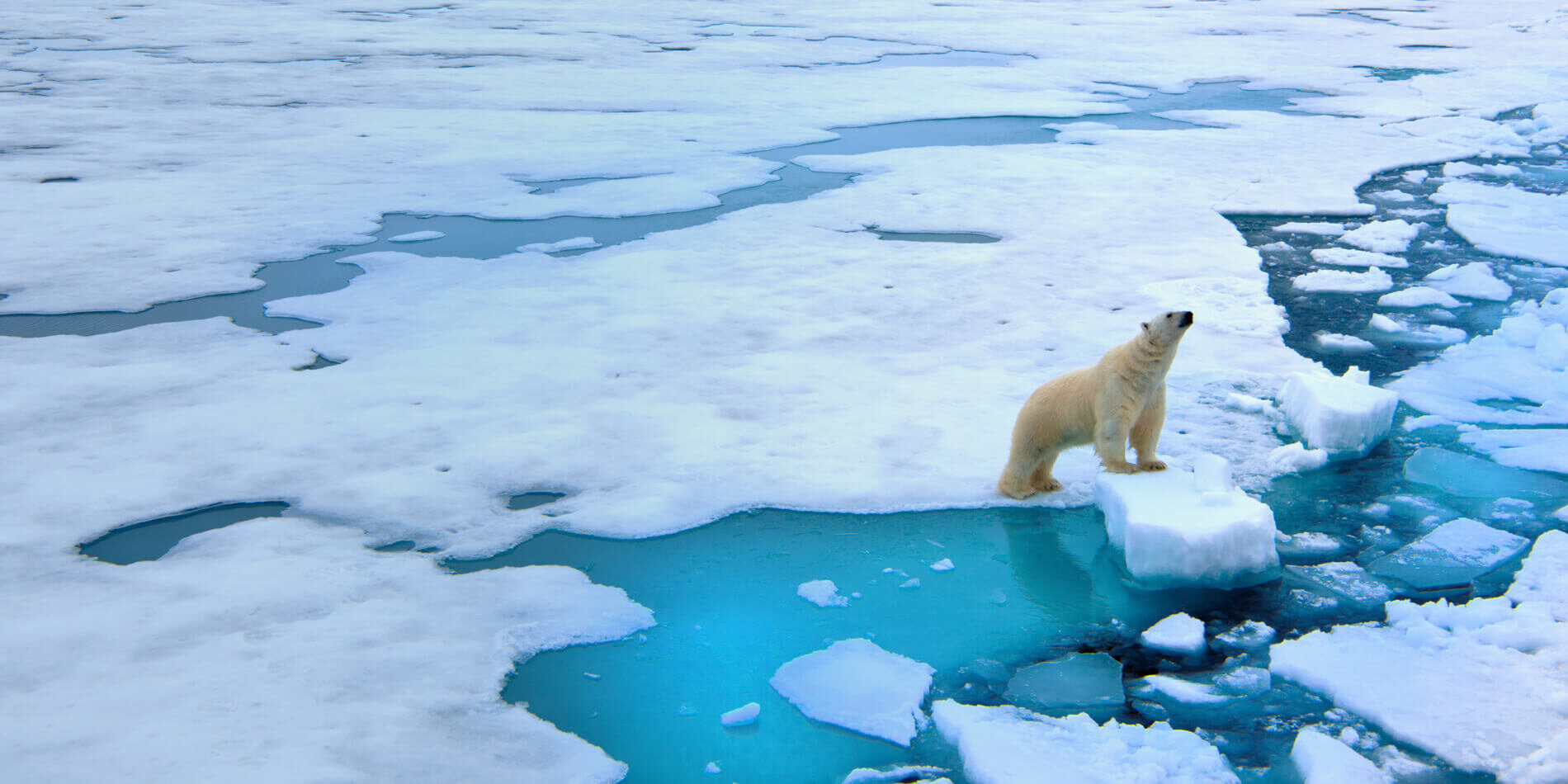
‘I have learned you are never too small to make a difference.’
GRETA THUNBERG
Adopt a Polar Bear
The World Wildlife Fund have a mechanism to adopt a polar bear to help protect their natural habitat. Magnificent polar bears depend on Arctic sea ice to hunt and raise their young. But the ice is shrinking. By helping protect polar bears you’re helping to make sure the Arctic food chain stays healthy – for the benefit of wildlife and people in and beyond the Arctic. By 2050, polar bear numbers may decline by 30% due to the rapid loss of sea ice.
Polar bears generally live and hunt alone, though they can be quite social. They mainly eat seals; polar bears have such a remarkable sense of smell that they can detect a seal swimming in the water – below a metre of compacted snow – up to a kilometre away. Polar bears have large paws - up to 30cm wide - which they use like paddles to help them swim. They also distribute their weight over thin ice so they don’t fall through.
Earth Day is a global annual event aimed at highlighting environmental issues. The theme of Earth Day in 2024 is ‘Planet vs Plastics’.
Earth Day is a global event that gives everyone the chance to focus on the environment. It brings people together in a coordinated attempt to tackle environmental problems. Every year it happens on the same day: 22 April.
The first ever Earth Day was in 1970. It followed a decade of growing awareness about problems with the environment – thanks in part to Rachel Carson’s book ‘Silent Spring’. Her brilliantly written publication exposed the dangers of the pesticide DDT to wildlife and human health.
The first colour photos of Earth from space in 1968 also made an impact. The public saw a beautiful yet vulnerable planet that needed protecting.
Then US Senator, Gaylord Nelson, capitalised on this wave of environmental awareness. It was his idea that led to what we now know as Earth Day. Back on that Wednesday in 1970, millions of Americans went out to protest against industrial pollution. Friends of the Earth itself was founded in 1971.
What we know (and don’t know) about the government’s new ocean protection plans. A big step forward for the oceans, or a missed opportunity? The truth is, we still don’t know.
The Greenpeace campaign to safeguard the UK’s Marine Protected Areas (MPAs) from destructive fishing has made impressive headway so far, thanks to your amazing support. The government is proposing to completely ban bottom trawling in a couple of important Marine Protected Areas, including the Dogger Bank where we built the UK’s first ever underwater boulder barrier last year to stop bottom trawling.
This step was almost unimaginable a couple of years ago, and is a vital step towards real marine protection here in the UK. And it couldn’t have happened without the work of Greenpeace supporters, petition signers and activists.
Related Journal entries




